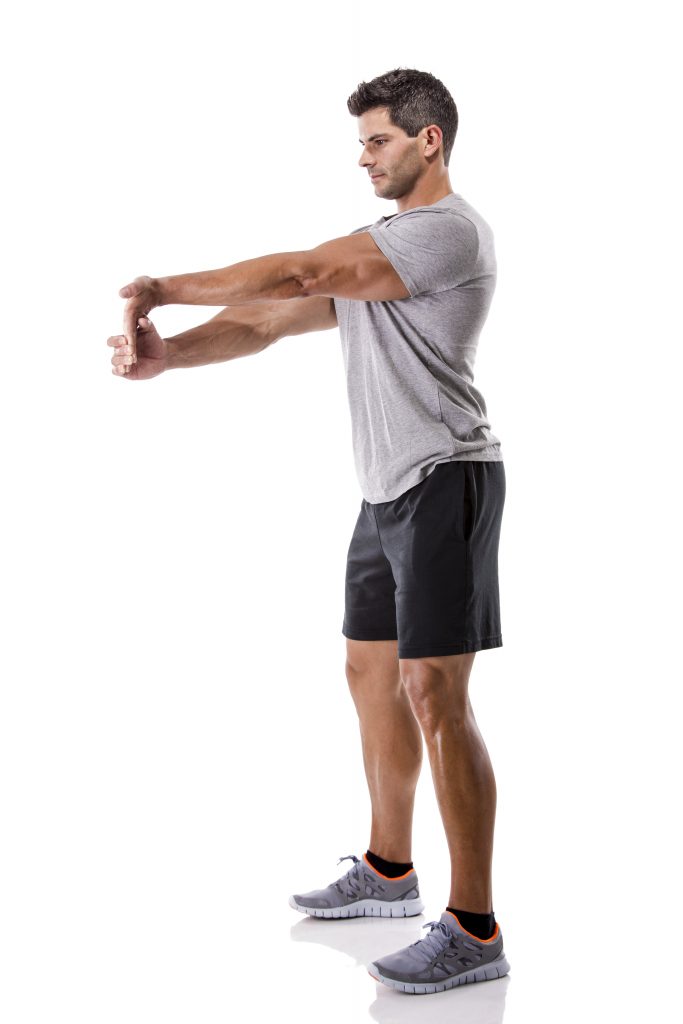
What is Golfers Elbow?
Golfers elbow is characterised by pain over elbow region. Usually felt on the inside edge and is locally tender when you touch it.
Golfers elbow happens when the flexor tendons of muscles in the forearm become irritated and inflamed.
Usually happens due to any overuse syndromes related to wrist flexion (bringing your wrist and closing your fingers forward -). This action is common in golf and the weight of the club makes it worse – but you don’t have to play golf to get golfer’s elbow, many activities can cause this.
Commonly seen in hairdressers, incorrect or overuse of weights, excessive computer use and also repetitive manual work (eg: check-out operators) etc
What are the symptoms?
- Ranges from minor irritation to severe pain
- Pain often radiates into the front of the forearm
- Can be acute or slow onset
- Pain worsens with wrist and finger flexion (bringing the wrist and curling the fingers forward), also gripping and general use of hand and wrist
What to do
- See your Osteopath or physio to have a proper examination and diagnosis of the pain. There are many causes of pain around the elbow. The correct condition and cause must be identified in order to treat it correctly. Incorrect diagnosis and doing the wrong stretches for example can cause further irritation
- Rest from the irritating activity (if you know what it is) and also apply ice to the region.
- Your Osteopath or Physio will probably apply gentle techniques to muscles in the forearm and surrounding areas that are also associated with and or contributing to the problem.
- We will give you instructions on how to safely care for the injury and how to do rehabilitation exercises at every stage of the healing through to complete recovery hence helping to prevent re-occurrence.
- Your Osteopath or Physiotherapist may suggest changes to your training if this has been the cause or the way you do daily activities that have contributed to the problem.
- Take further measures to reduce inflammation ice or anti-inflammatory which should only be taken under direction and supervision of a healthcare professional.
What not to do
- Do not apply heat to the region.
- Do not self prescribe exercises or stretches as these may irritate the problem.
- Don’t apply deep heat creams or massage yourself.
- Don’t attempt to continue with the activity or sport that caused the injury.
